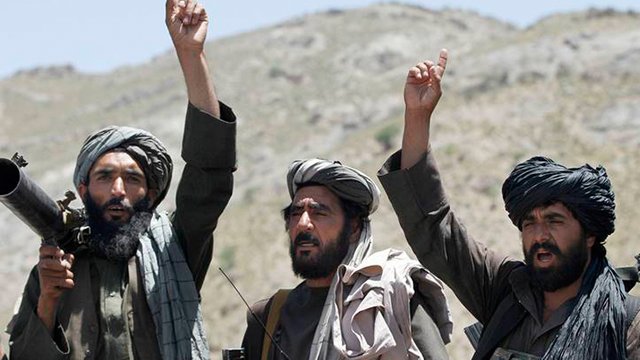Every strong state instinctively tends to influence weaker states, especially those situated on its adjoining frontiers. In both hemispheres of the world, one can notice that no state leaves the fate of its contiguous weaker state(s) completely to other states just to avoid controversy, particularly under the rise and proliferation of globalization. The primary preference of such a state is to establish strong political and economic ties before peeking around for others. After all, stability of a state is determined by the security of its adjacent state(s). In this way, neighbouring country or counties play a pivotal role in strengthening or enervating the economy of a state.
There are several examples of strong states influencing their weak neighbours to beef up their own sovereignty. To allude, Iran backs the governments of Iraq and Syria, China and Russia covertly support North Korea, Russia influences Ukraine, Turkey intervenes in Azerbaijan, Saudi Arabia retains a stronghold in Yemen, and so on. However, in case of strong neighbours, a balanced relationship is attained through advocating the notion of mutual growth and cooperation at any time; otherwise a state can never progress by keeping powerful foes at its door. For instance, balanced relationship between the United States and Canada; Brazil and Argentina; Germany and France; Malaysia and Singapore; Australia and New Zealand; and South Korea and Japan.
In the light of the abovementioned fact, Pakistan is the only country in the world that has economically strong and weak states in its surroundings. India, being at the eastern front, has been an arch-rival, intermittently indulging in skirmishes with Pakistan. While, Afghanistan and Iran, situated at the western front, are also not on good terms with Pakistan, despite the fact that they share common history, religion, culture and customs. And China, being the emerging economic power in the world, is situated at the northern green front, and has been an all-weather friend to Pakistan. Similarly, Pakistan wants to maintain its strong influence in Afghanistan with a view to ensure peace at least at the western blue frontier.

Hi! I am a robot. I just upvoted you! I found similar content that readers might be interested in:
http://jworldtimes.com/jwt2015/magazine-archives/jwt2017/oct2017/the-haunting-afghan-policy-of-america/
Downvoting a post can decrease pending rewards and make it less visible. Common reasons:
Submit
In all these countries you are always with a risk and anything can happen at any time. Still you can do these things :
Keep a strong local backup in the area you will stay, who has strong connection with government and non government and terror outfits.
Keep a US Army and Indian Administration Strong contact, who can initiate rescue operations.
24x7 Toll Free Multi-Lingual Tourist Help Line
The Ministry of tourism, Government of India
The service is available on the toll free number 1800111363 or on a short code 1363 and operational 24x7 (365 days in a year) offering a ‘’multi-lingual helpdesk’’.
Stay connected with international Media such as BBC, CNN reporters who frequently move in war zones, they have super strong network.
Always Wear a turban, learn Muslim Religious practices and try to follow them if needed.
Don’t ever go into any argument leave our valuables to save life.
So, Carry less valuables with you.
As usual a strong connection with your own Embassy must be there.
Keep a local guide who know’s they can earn from your touring of the country rather than other ways.
Try to Stay on GPS always so you never leave population too far.
Never venture in dangerous areas and there are too many of them, keep a solid track or map based guide of such areas.
Just mind your own business and come back soon and safe.
Afghanistan Tourism Department contact details.
Drop a comment if these guides help you.
Downvoting a post can decrease pending rewards and make it less visible. Common reasons:
Submit